Great student turnout for a workshop entitled Psychological Foundations for Child Growth and Advancement at the Faculty of Arts
The Psychological Service Unit of the Studies, Consultation and Training Center at the Faculty of Arts, Ain Shams University, organized a free workshop entitled: Psychological Foundations for Child Growth and Advancement, in cooperation with the Sama Foundation for Training and Consultations.
The workshop was held under the auspices of Prof. Dr. Mahmoud El-Metini, President of Ain Shams University, Prof. Dr. Hesham Tamraz, Vice President for Community Service and Environmental Development, Prof. Dr. Mustafa Mortada, Dean of the Faculty of Arts, under the supervision of Prof. Dr. Rasha Al-Didi, Vice Dean for Community Service and Environmental Development.
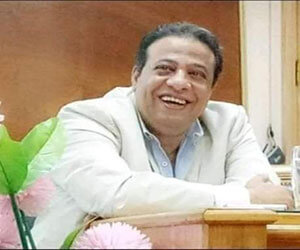 |
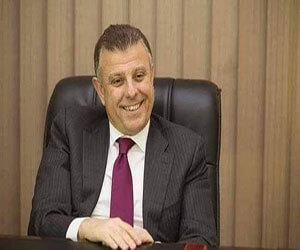 |
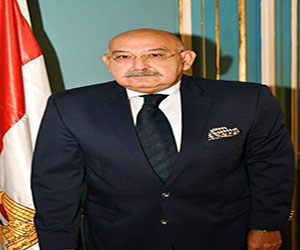 |
||
The workshop witnessed a large turnout from the students of the different departments of the college, led by the students of the Department of Psychology. The workshop relied on two theoretical and practical frameworks.
The workshop focused on: general principles of child development, psychological, linguistic, sexual, cognitive and behavioral development in children, child mental health, growth map, benefiting from the general principles of development in special education and how to work with them.
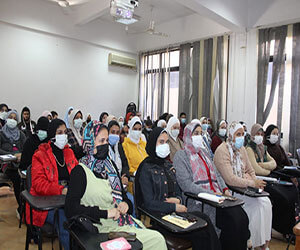 |
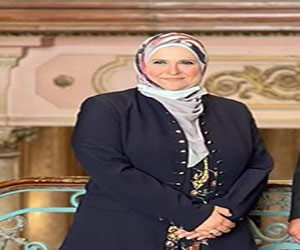 |
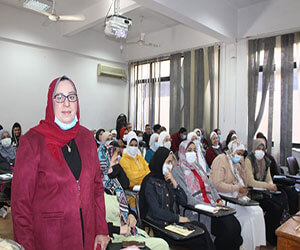 |
||
Dr. Heba El-Nadi, assistant professor in the Department of Psychology and Director of the Psychological Service Unit, explained the theoretical aspect that dealt with: the difference between growth and maturity, growth between bad and disease, factors affecting growth before, during and after pregnancy, and physical growth in the neonatal stage, lactation, early and late childhood, and the tasks Physical growth in the period of newborns, lactation, early and late childhood, and the requirements of physical, sensory, motor, linguistic, cognitive and emotional growth, and the causes of the child's emotions in the preschool stage, while A. Rabab Muhammad is a doctoral researcher and a psychologist in the practical aspect by conducting competitions among students aimed at knowing their understanding of the theoretical aspect, in addition to asking questions and exchanging discussion.
The workshop management also conducted a post-questionnaire to assess the extent to which the students benefit from the workshop and the performance of the lecturers, which resulted in their affirmation of the workshop’s success in achieving its goals with distinction, and their demand to hold more workshops in the coming period.
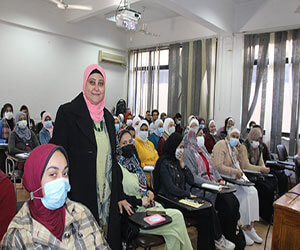 |
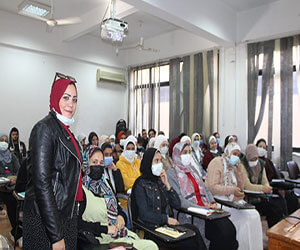 |
|


.svg)




